As per article 109(4) of the European Electronic Communications Code (EECC), on 21 December the European Commission published a report on “the effectiveness of the implementation of the single European emergency number ‘112’”. This 20-page long document includes interesting figures on how emergency communications are handled in each Member State, such as the number of false calls to emergency numbers, the average answering time or the call abandon rate. In addition, it reports on how article 109 of the EECC has been implemented in the Member States.
The EECC required all Member States to implement a technology allowing the provision of the handset-derived location of the caller to the emergency services (article 109(6)) and to ensure that people with disabilities benefit from an equivalent access to the emergency services by December 2020 (article 109(5)). In addition, Member States are also required to deploy an efficient public warning system by June 2022 (article 110). As an EU directive, the European Electronic Communications Code is mandatory for all the Member States of the European Union and the other countries of the European Economic Area.
According to the report that was published by the European Commission, many countries have not met the December 2020 deadline:
Caller location
19 Member States have reported to have AML enabled. This means that 8 countries are not complying with article 109(6) of the EECC and are exposing themselves to sanctions. In addition, among the 19 countries that reported using AML, there is evidence that the technology is sometimes not working in parts or the entirety of the country, which is also in conflict with the requirements of the EECC.
Equivalent access for people with disabilities
The European Electronic Communications Code, as well as the Universal Service Directive (2009) requires Member States to ensure that people with disabilities enjoy an access that is equivalent to that enjoyed by other end-users. The European Commission report notes that “these solutions should enable two-way communications through text or video, including in roaming. By virtue of equivalence, Member States should ensure that caller location is available to the most appropriate PSAP to enable emergency services to intervene effectively.” While infringement procedures are still ongoing against two Member States for not complying with the 2009 requirements, 16 other countries are currently not ensuring a fully equivalent access for people with disabilities, particularly with roaming end-users. Regarding the issue of access for people with disabilities, another legislation, the European Accessibility Act also requires Member States to implement more advanced technologies by 2025. On this matter, the European Commission notes that: “Legacy PSAP systems are not yet able to handle and process emergency communications that are truly accessible for end-users with disabilities. The deployment of state of the art real time text and total conversation necessitates the upgrade of the PSAP system to an all-IP network of interconnected PSAPs that could adequately route and process IP-based emergency communications.”
Hence, many countries have still not fully implemented the provisions of article 109, which exposes the authorities to sanctions but more importantly puts their citizens’ lives at risk. The European Commission is responsible for ensuring the correct enforcement of EU legislation. Where this is not the case, the Commission can carry out infringement proceedings against the Member States that are breaching EU law. The procedure can eventually lead to financial sanctions.
EENA recalls the importance of fulfilling the objectives of the European Electronic Communications Code, as it allows for a better handling of emergency communications in the EU. To that end, EENA remains at the disposal of all public authorities to assist with the implementation of the EU legislation. Furthermore, to draw the European Commission’s attention to the matter, EENA is submitting complaints against the Member States that are not complying with the law.
Contact EENA for help implementing EU Legislation at [email protected]
